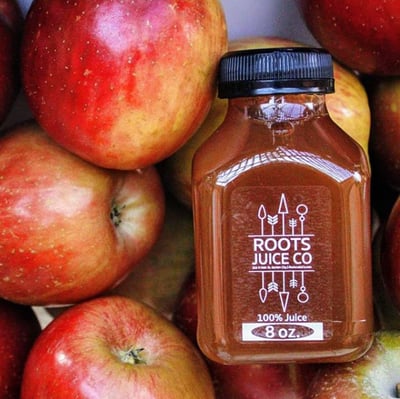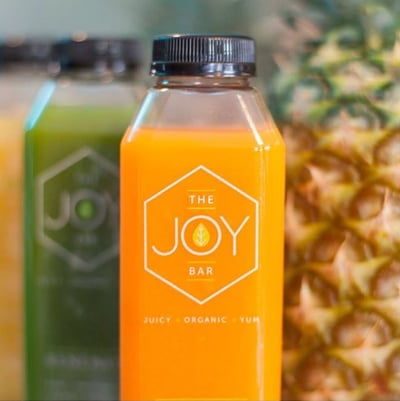You’ve put care into creating your signature line of juices, to go cocktails or cold coffee drinks. You’ve picked the highest quality ingredients and perfected your recipes through trial and error. Your juices and smoothies are healthy for your customers and for the environment. Use the same attention to detail when shopping for packaging to match. Here’s what to look for to select the right bottling options for your delicious creations.
Juice Bottle Manufacturing Certifications
Safe packaging begins at the point of manufacturing. Be sure the facility adheres to the highest standards for production and safety. There are two critical certifications you need.
SQF Certified
The SQF Institute sets a single, worldwide standard for food safety covering many areas of food production. This certification ensures that companies involved in the manufacture of food packaging adhere to a clear set of guidelines for food safety, quality, and legality.
When buying bottles, be sure the manufacturer and their facilities are at least Level 2 SQF Certified. This ensures your juice bottles are manufactured, stored and transported according to a clear set of guidelines dramatically reducing the chance of contamination.
IMS Certified
Contamination of packaging during the manufacturing process can cause serious issues for downstream customers. In the case of juice bottles, sources of contamination can come from several sources, including poorly filtered compressed air in the blowing process, and contamination of ground water used in the manufacturing process.
So make sure your bottles also carry certification from the Interstate Milk Shippers List (IMS). IMS certification is an FDA program and is required for any company that ships dairy products such as milk across state lines.
If you aren’t in dairy production, you can still feel confident in the safety and sterilization of your bottles by using companies who are IMS certified.
HPP Compatibility
If you are producing cold-pressed juice, you’ll need to be sure the bottles are HPP (high-pressure pasteurization) compatible.

HPP is a non-thermal method of reducing bacteria as an alternative to hot filling. Because the juice isn’t heated, the nutritional value remains intact and the texture and taste are unaffected. The shelf-life if your juice is extended about 10 times longer as well.
The use of HPP in food and beverage is regulated by the USDA and FDA but there are no specific labeling requirements. Ask your distributor to verify that the bottles you buy are HPP compatible. Glass is never HPP compatible.
Glass Bottles vs Plastic Bottles
The selection between glass or plastic bottles comes down to three primary decision points: cost, aesthetics and the environmental impact.
Glass has a good reputation for being environmentally friendly due to its ability to be endlessly recycled. However, glass actually has a carbon footprint five times higher than plastic. Glass requires more resources for initial production, is much heavier to ship and requires much more packaging to minimize breakage. Despite easy recyclability, only 33% of glass is actually recycled, which compares closely with 30% for PET plastic.

Plastic will be less expensive to purchase and to ship. Because plastic is more durable, you’ll experience less loss with plastic. As your business scales, so will the savings.
If you choose plastic, PET will be your best bet. Its crystal clear and can actually look like glass. Your labeling can be creative and look great.
PET also has the best oxygen barrier of all plastics, including HDPE, which will extend the life of your bottle drinks. They can be used in temperatures as low as -40 degrees, but the shape and weight of the bottle itself will be the determining factor to whether you can freeze the liquid in it. If you need to freeze the bottle, talk to your distributor to make sure you get the correct design for the use-case.
Certain types of drinks are best bottled in glass, such as kombucha. But for juices, smoothies or cold coffee drinks, plastic can be more cost-effective and just as environmentally friendly.
Manufacturing Redundancy
If you are interested in scaling your production, you’ll want to be sure the bottles you select are produced by a manufacturer with multiple or redundant manufacturing facilities. In the case there is a catastrophic event at the facility, or just a run on the style of bottles you’ve chosen, having alternate facilities available to pick up production of your bottles can keep you on the store shelves.
We offer a full line of PET bottles in sizes ranging from 2 - 64 oz and five different styles. All are HPP compatible and are BPA-free. Contact us if you are interested or Shop all juice bottles.
...


